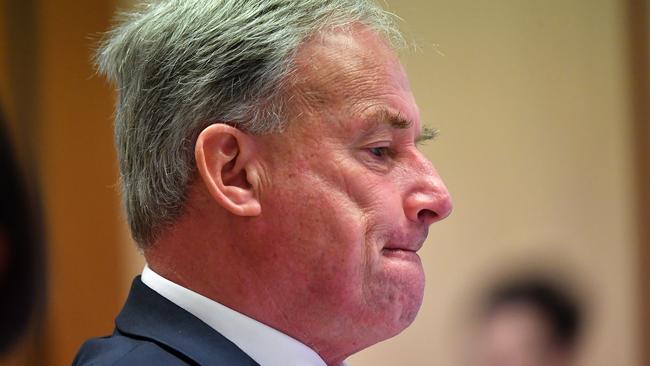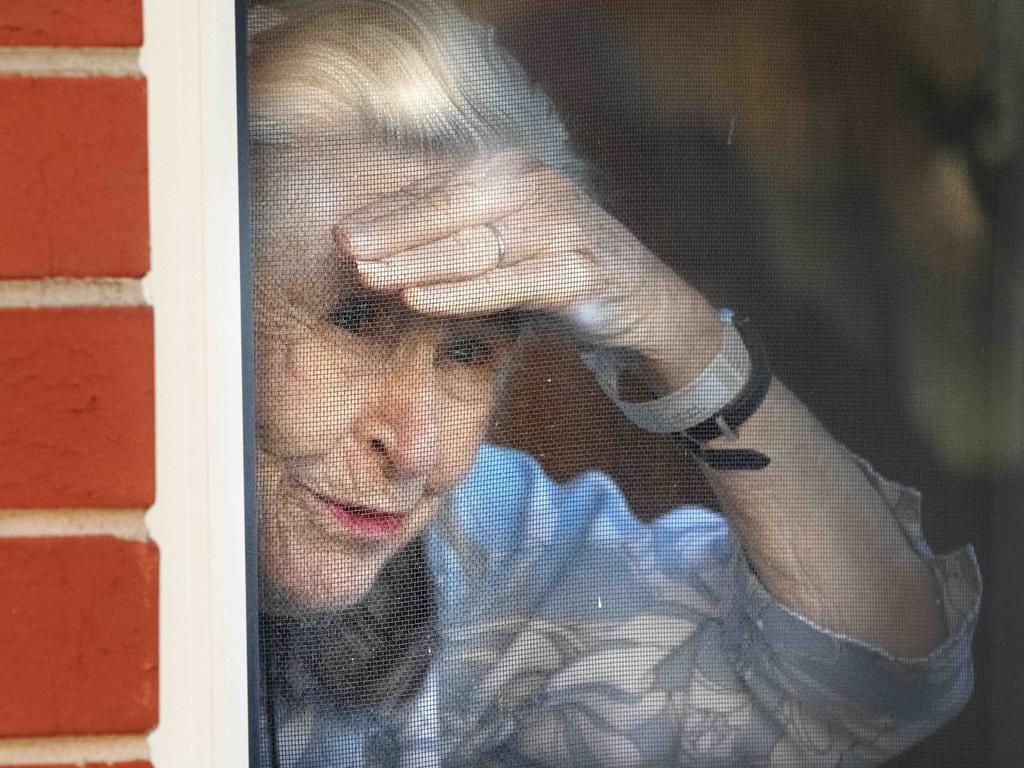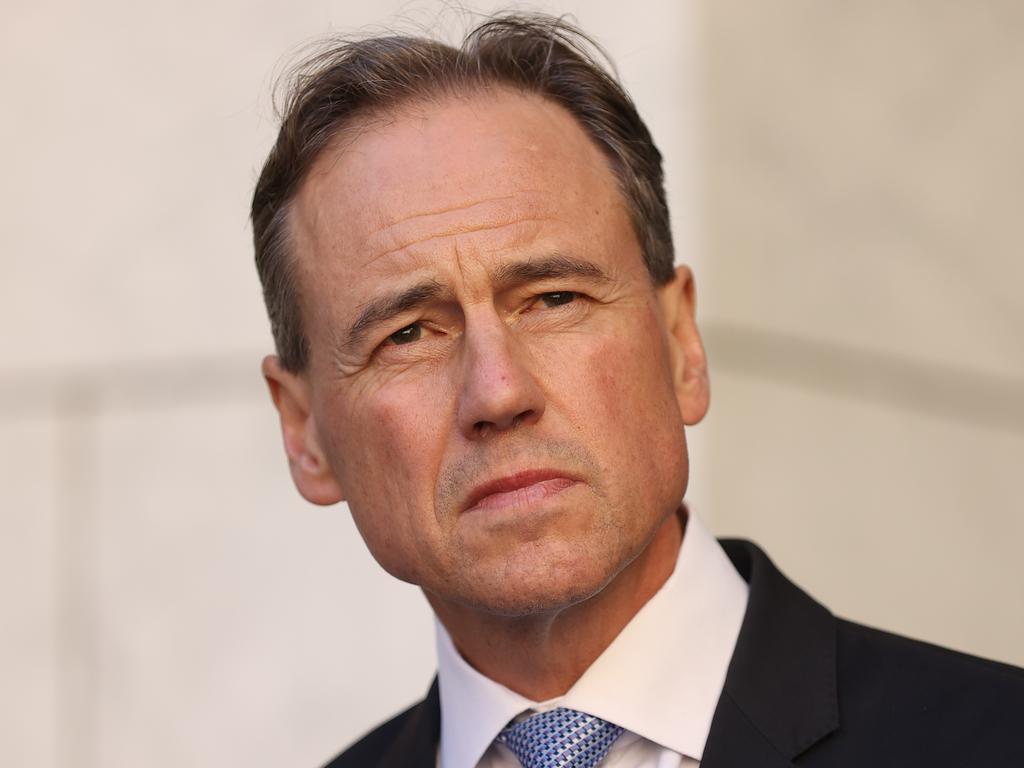Covid-19: ‘Jabs scrapped at eleventh hour’
The planned vaccination of aged-care workers and residents at a Victorian nursing home cancelled by a Commonwealth contractor.

The planned vaccination of aged care workers and elderly residents at a Victorian nursing home was cancelled by a Commonwealth contractor at the eleventh hour because they were no longer considered a “priority” as the state was plunged into lockdown.
Liscombe House in Melbourne’s north received confirmation from Commonwealth contractor Health Care Australia last Friday morning that workers, as well as at least five elderly residents that had not yet received a jab, would be finally vaccinated.
But less than four hours later the same aged care facility received a second email from HCA, rescinding on its appointment, because the nursing home was not considered a “tier one site” or “high risk” under the state government’s grading system.
A spokeswoman for the Old Colonists Association of Victoria, which runs the aged care facility, said the vast majority of residents had been vaccinated but the nursing home was still in limbo about when the jabs for the remaining patients would be administered.
“We’re pleased Victoria has stepped in and are encouraging our staff members to go and take advantage of that blitz rollout,” she said. “But it’s quite hard for staff if they’re working to get there (to the hubs), so what we would like to see is for the Federal government to get their vaccination teams back into aged care to get the vaccines.”
“Especially as we all know aged care staff are the ones that bring it (Covid-19) in.”
All aged care workers and residents across Australia were meant to be vaccinated by mid April through the Commonwealth’s in home program under the initial time frame.
Asked about the vaccination delay at the home in Question Time, Health Minister Greg Hunt said he would be “very much keen” to receive more details about the case.
“In relation to in-reach for aged care workers … at this point in time over 40,000 workers, 17.3 per cent of Commonwealth aged care workers have received doses on a first basis and of those 34,390 have received second doses,” he said. “So there is a significant program.”
But Leading Age Services Australia CEO Sean Rooney told The Australian the rollout had been hallmarked by nothing but disappointment, frustration and confusion.
“It should be a national priority to do all we can,” he said. “Aged care workers were told they were front of the queue in phase 1a and now here we are. We don’t even know who has been vaccinated and who hasn’t. Clearly the (government’s) rhetoric hasn’t translated into reality.”
It comes as a 90 year-old man at the Arcare Maidstone nursing home in Melbourne’s west was diagnosed with Covid-19, becoming the second aged care resident infected in Victoria’s latest outbreak.
The Australian Nursing and Midwifery Federation in Victoria called for the resignation of the aged care services minister Richard Colbeck on Wednesday over his handling of aged care worker vaccinations.
ANMF Victorian secretary Lisa Fitzpatrick said the government had promised that workers would be vaccinated three months ago, but now Senator Colbeck could not provide data about the number of employees who have received their first or second dose.
‘We’re calling on Senator Colbeck to resign,” she said. “We need a minister who gets things done with a sense of urgency, care and respect for the residents and the dedicated staff.’
While Australian Council of Trade Unions Secretary Sally McManus on Wednesday accused the Morrison government of walking away from their clear commitments.
“Both the Victorian and Queensland State Governments are now bailing out the Morrison Government by mobilising additional resources to finish the aged care rollout,” she said.
“This would not have been required if the Federal Government had acted with the urgency that this situation has always demanded.”
Senator Colbeck and Mr Hunt on Wednesday said they would spend a further $60 million to help nursing homes respond to the threat of Covid-19.
“The program supports costs including additional or replacement staff, personal protective equipment (PPE), cleaning and infection control, waste management, and travel and accommodation,” they said.






To join the conversation, please log in. Don't have an account? Register
Join the conversation, you are commenting as Logout